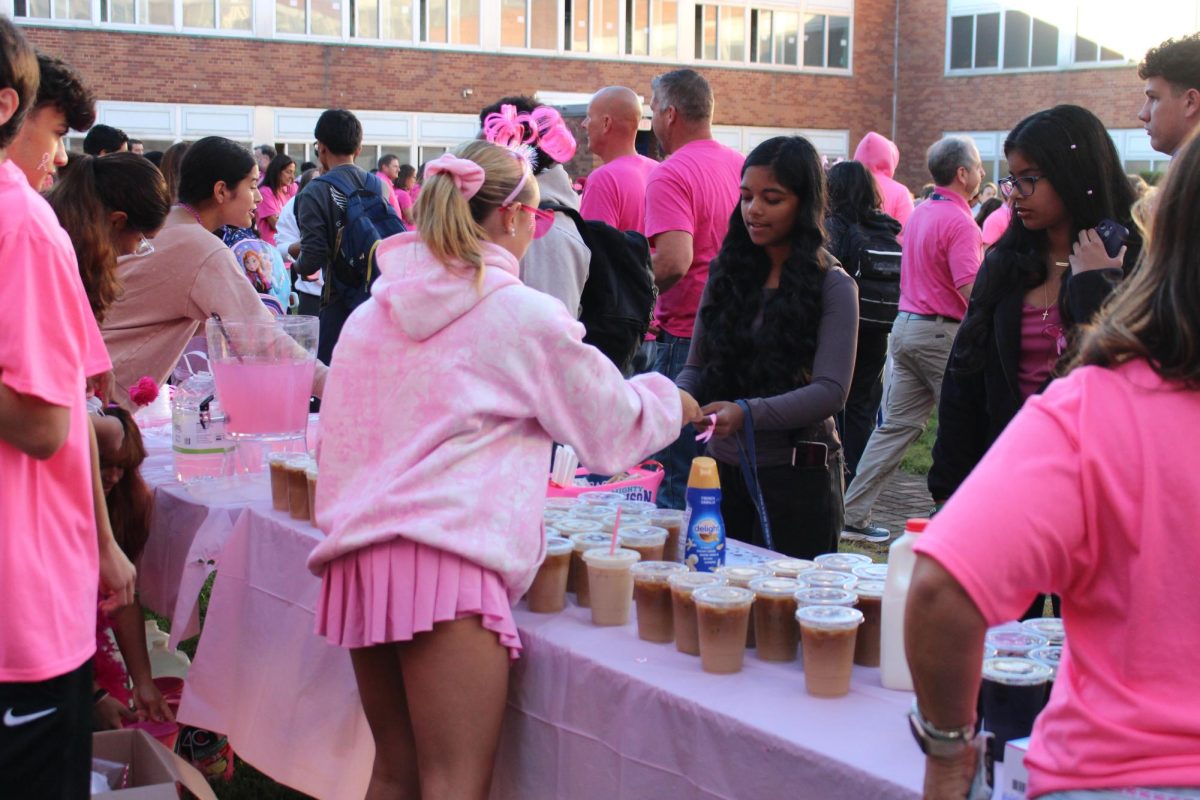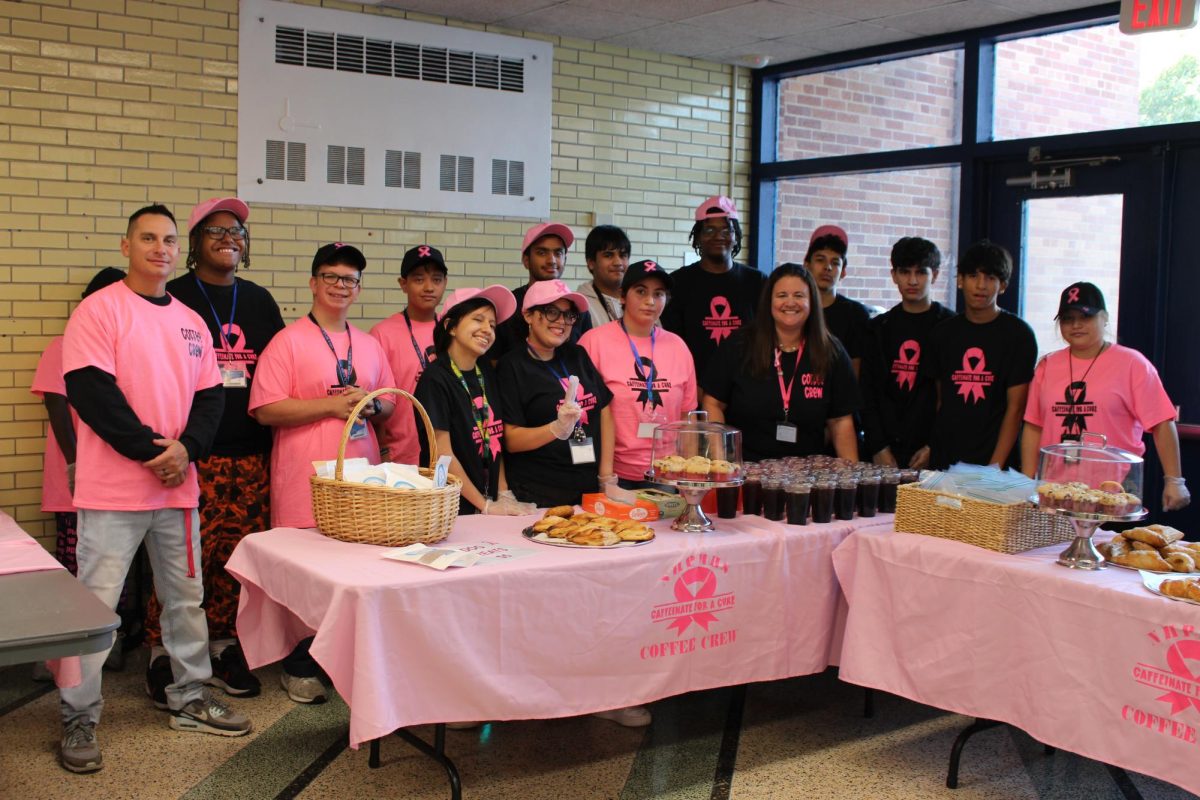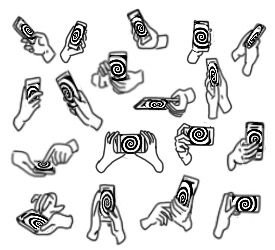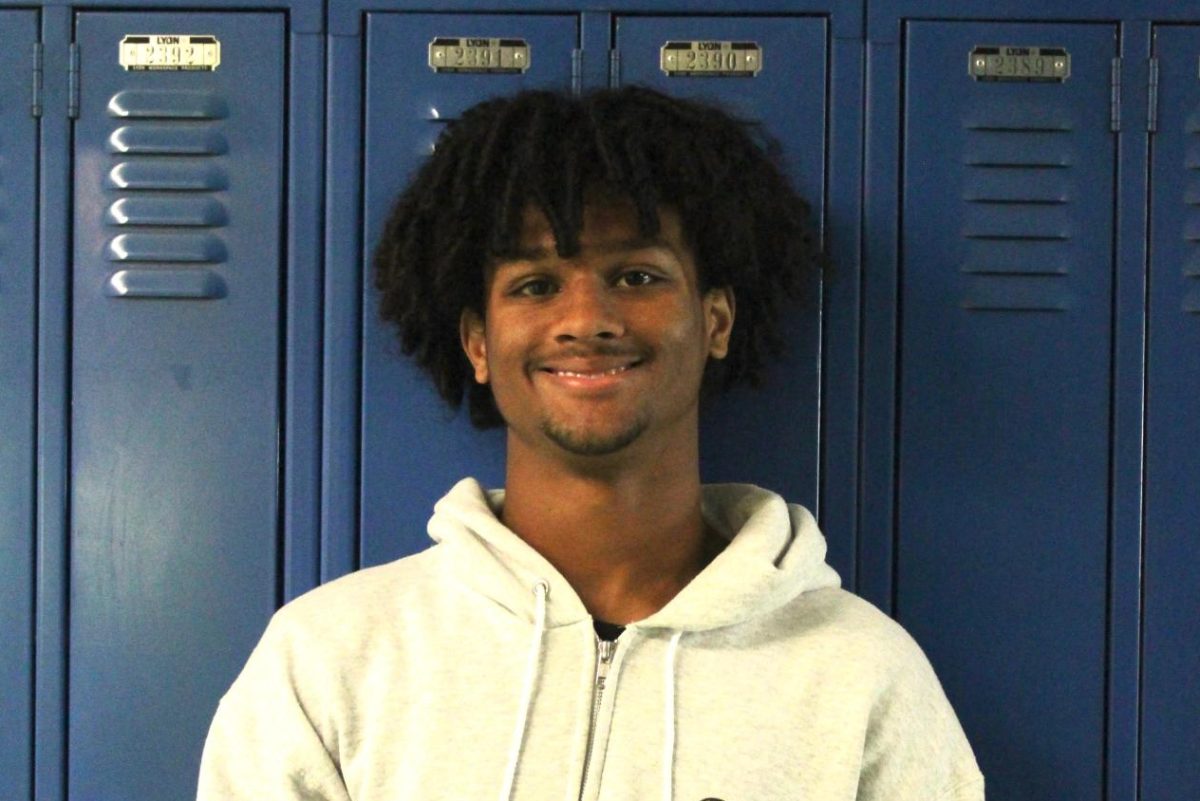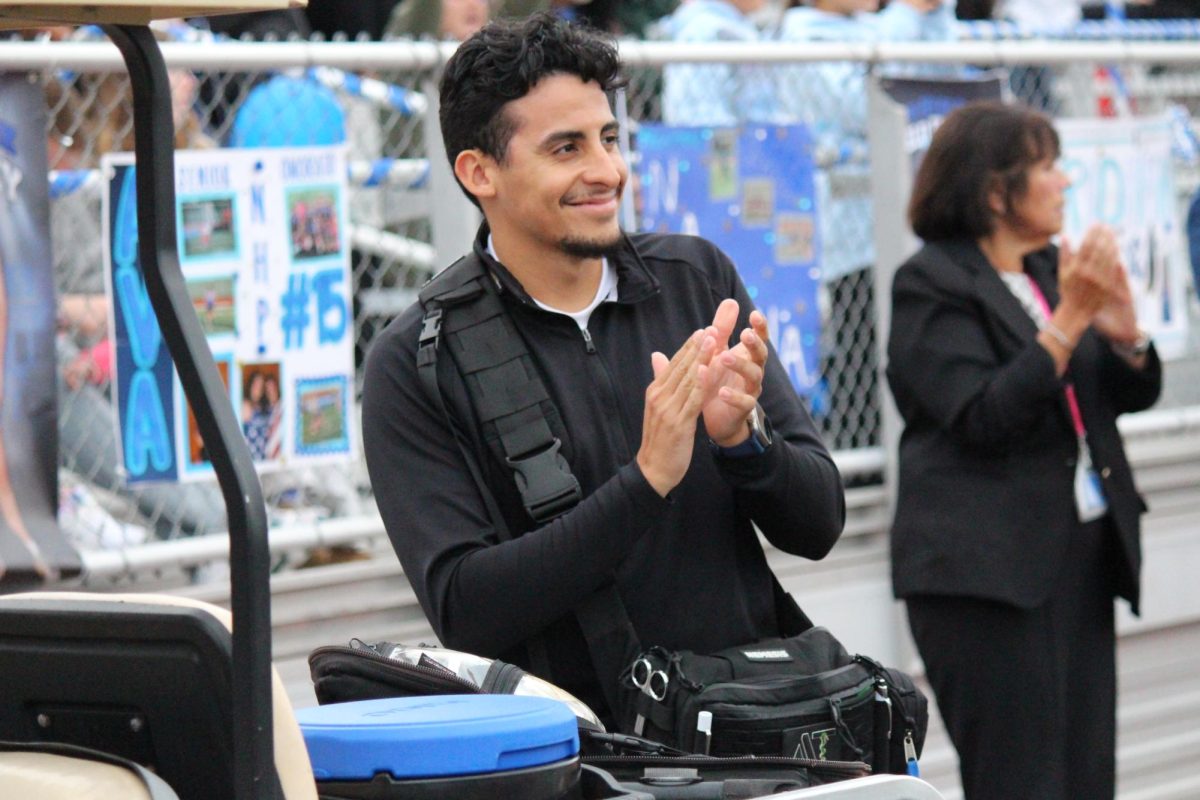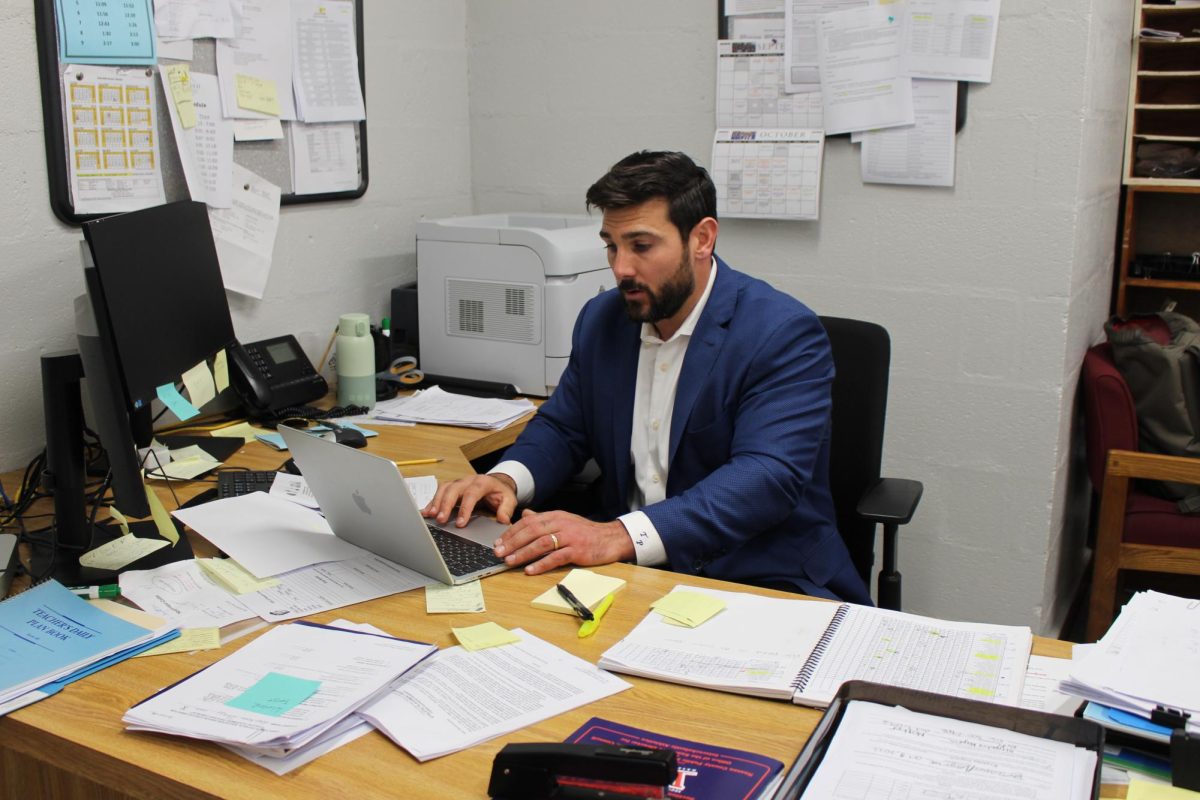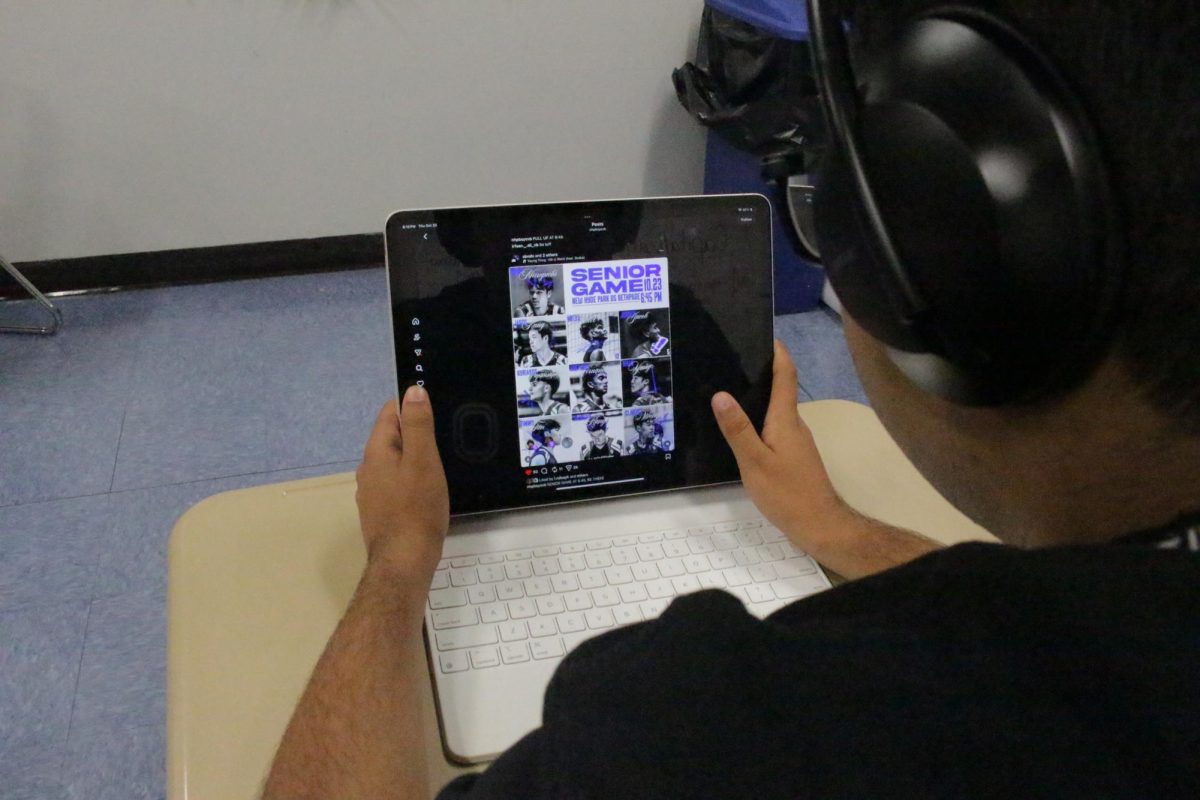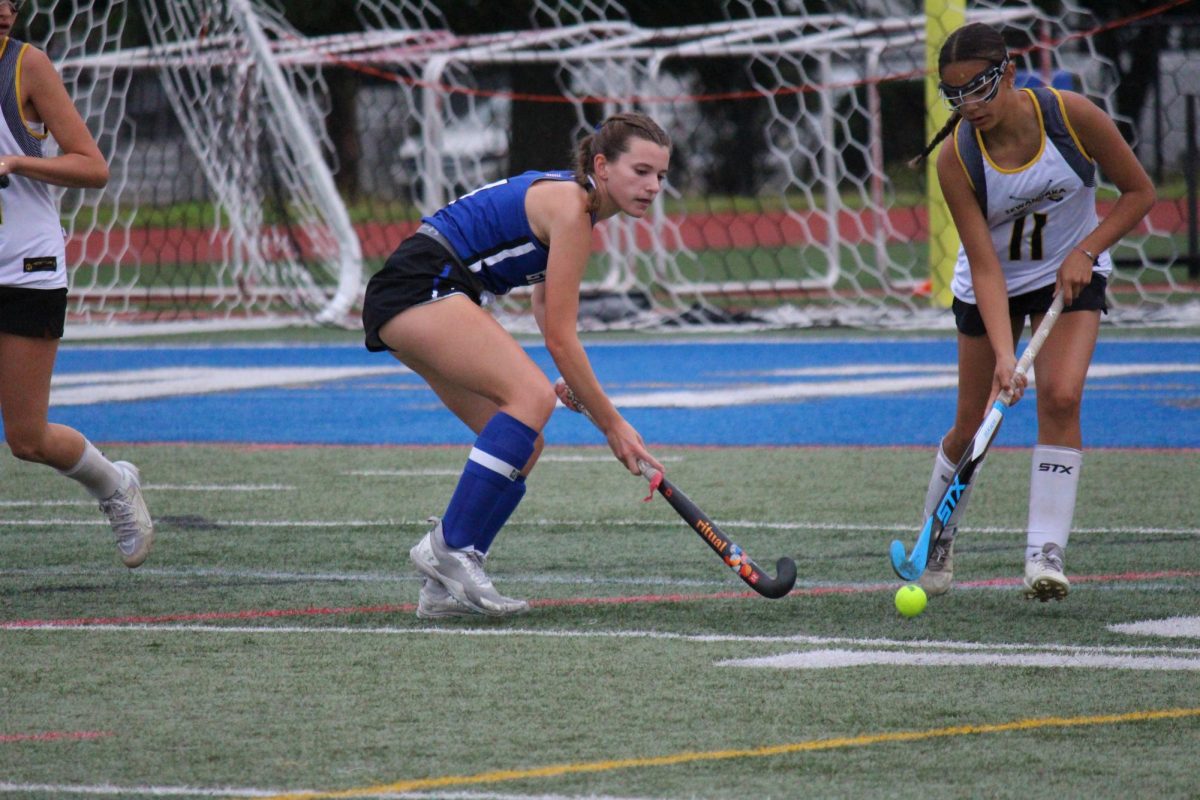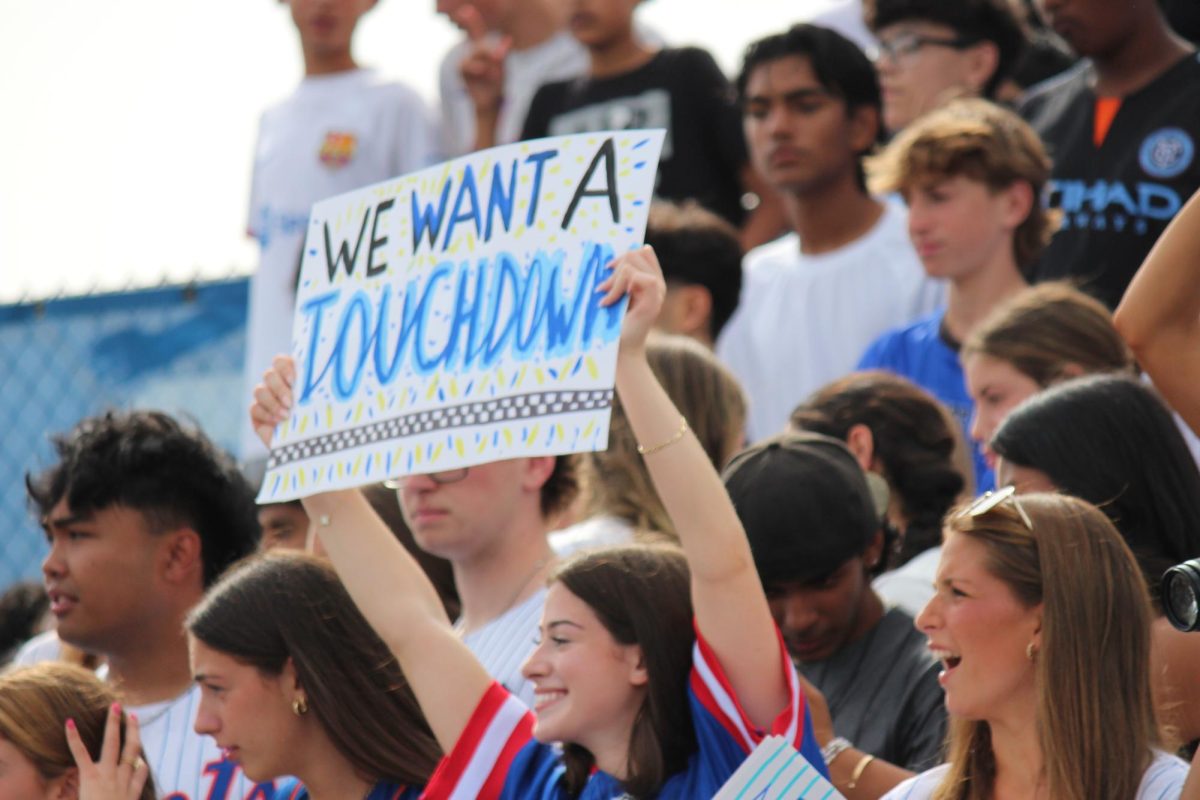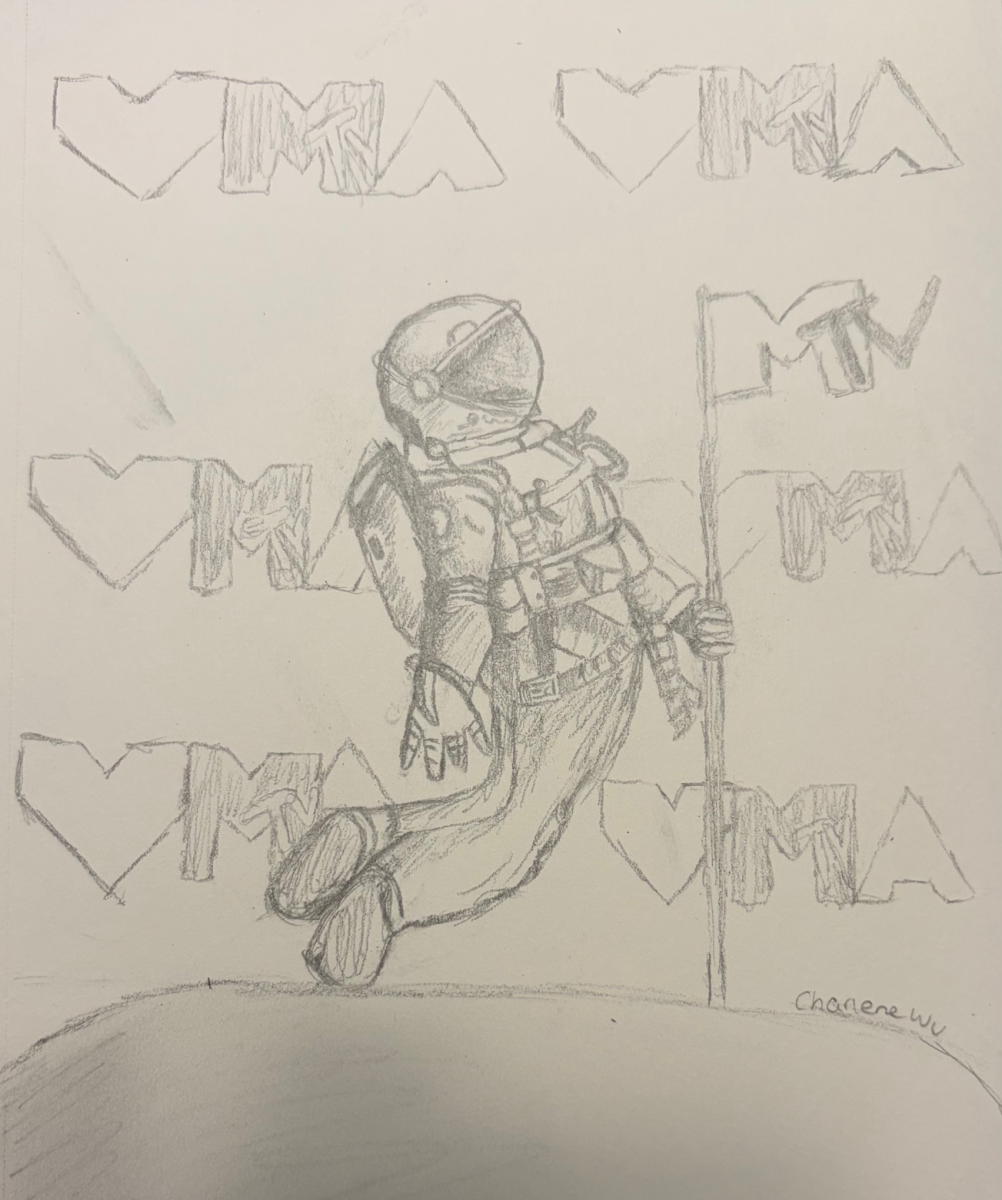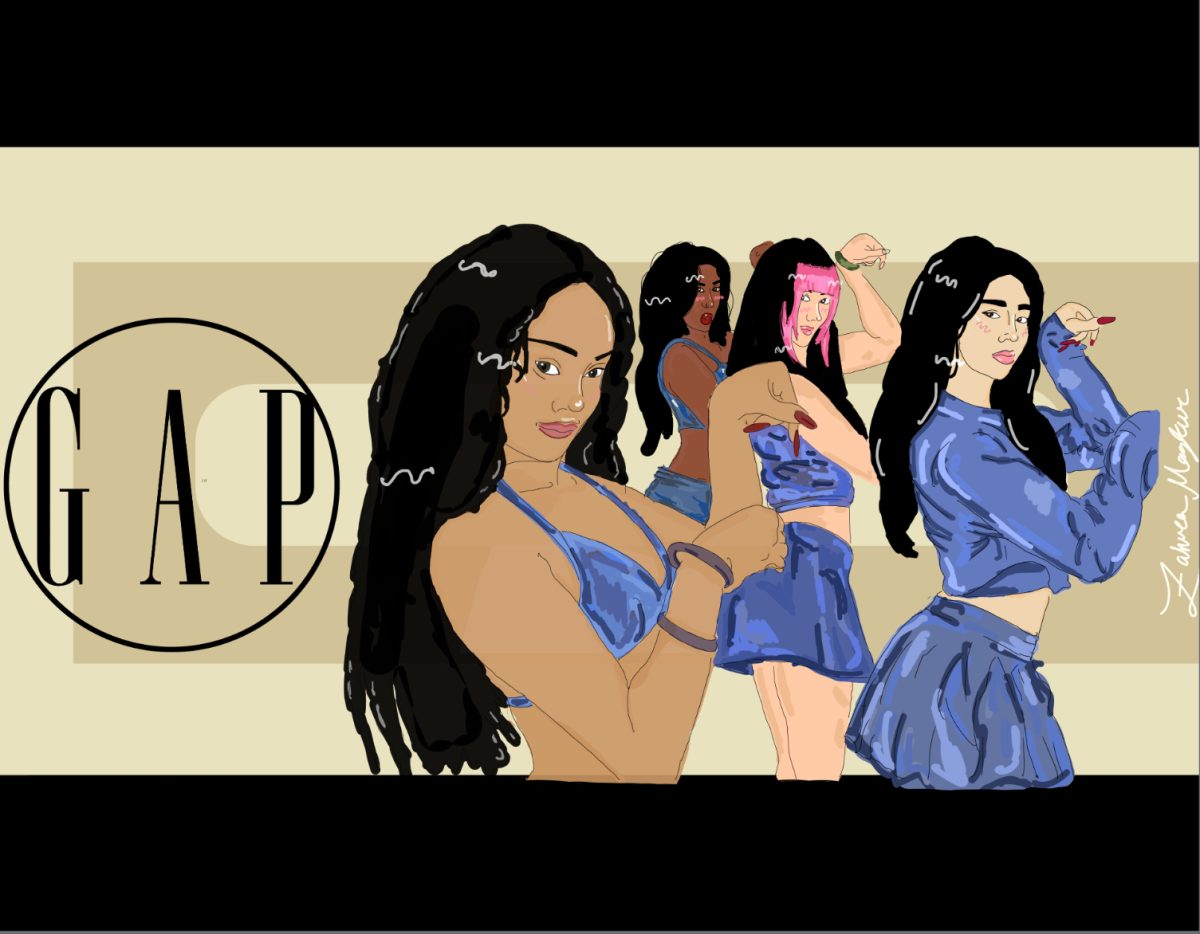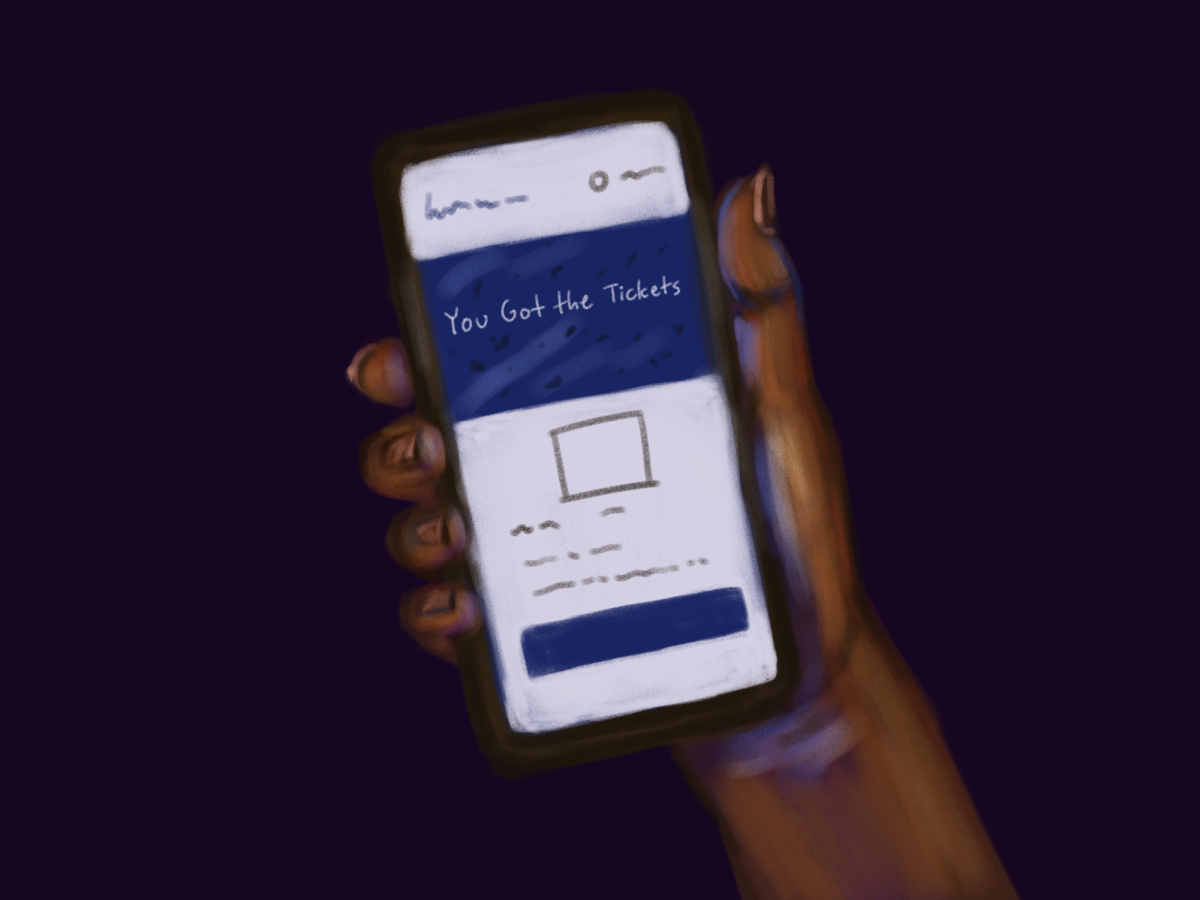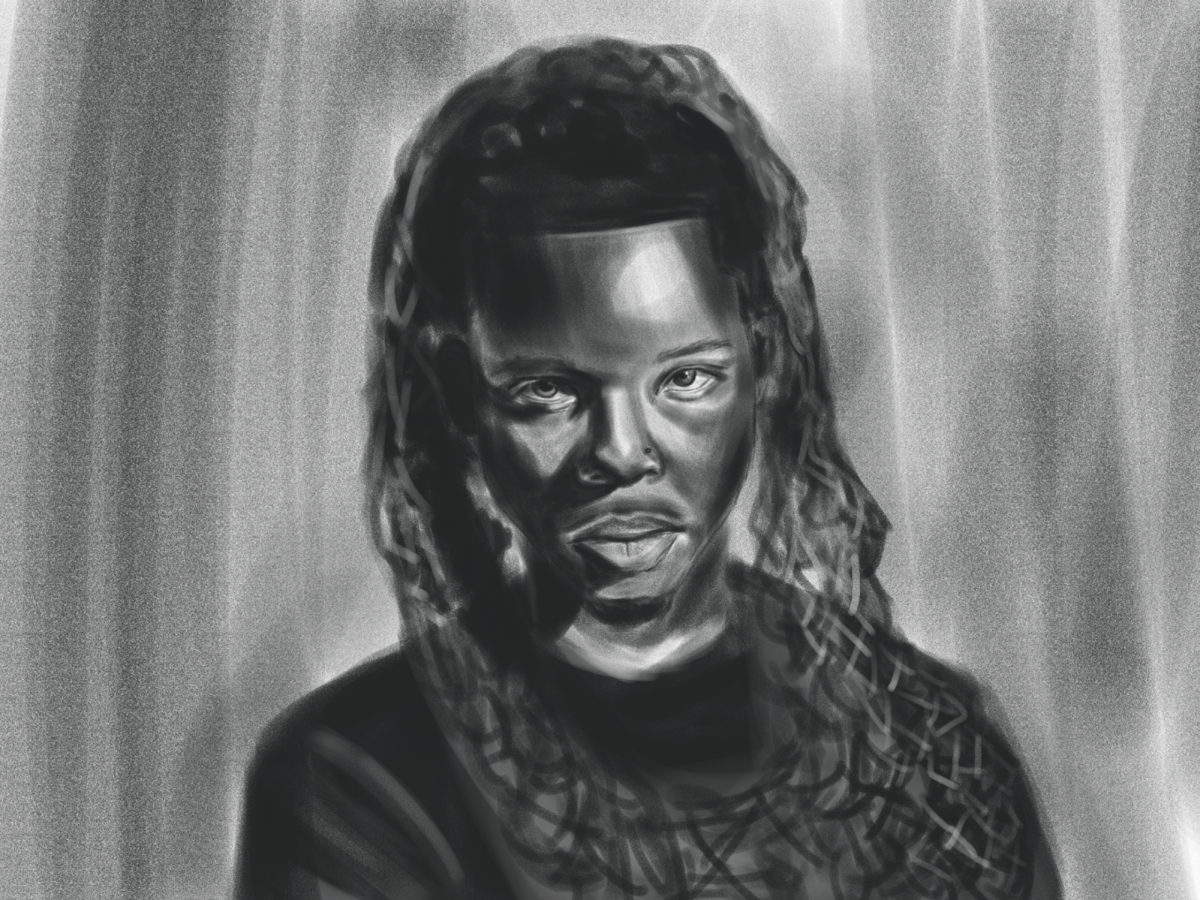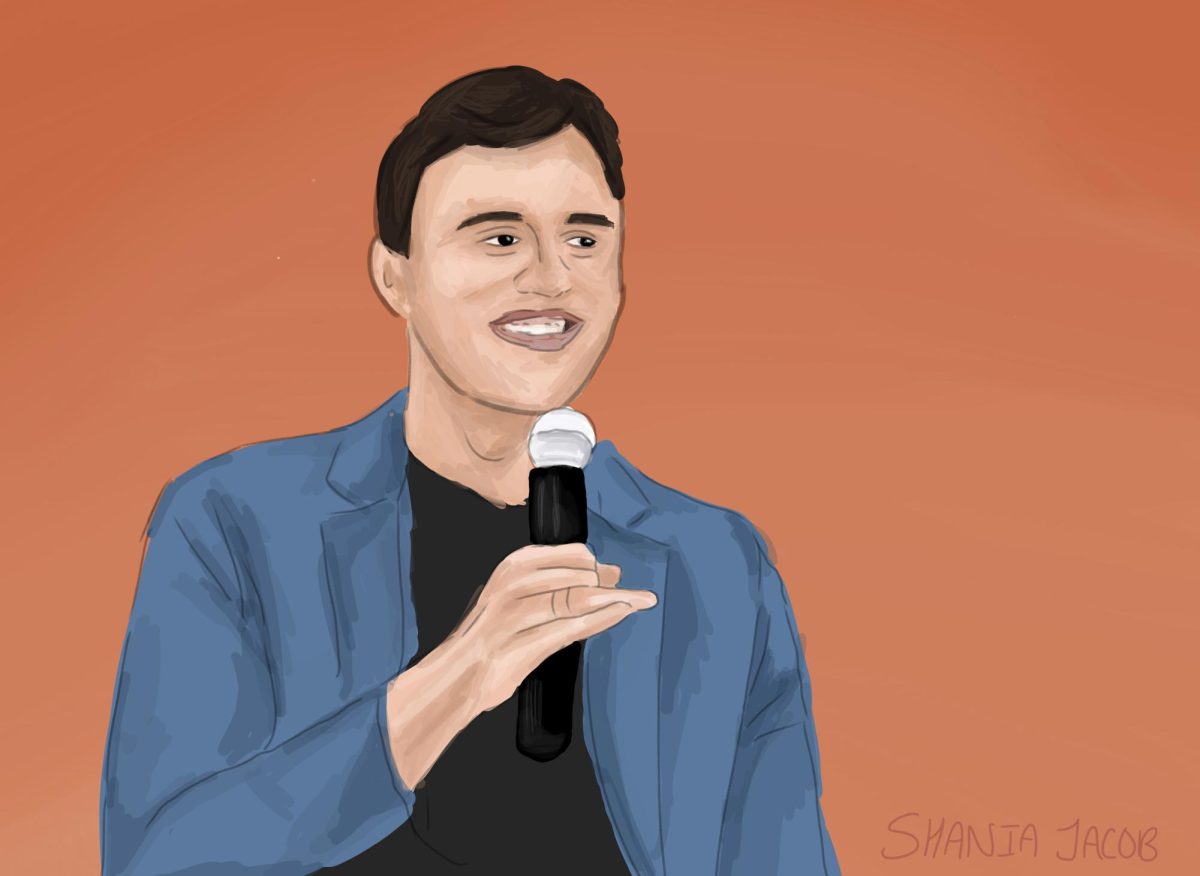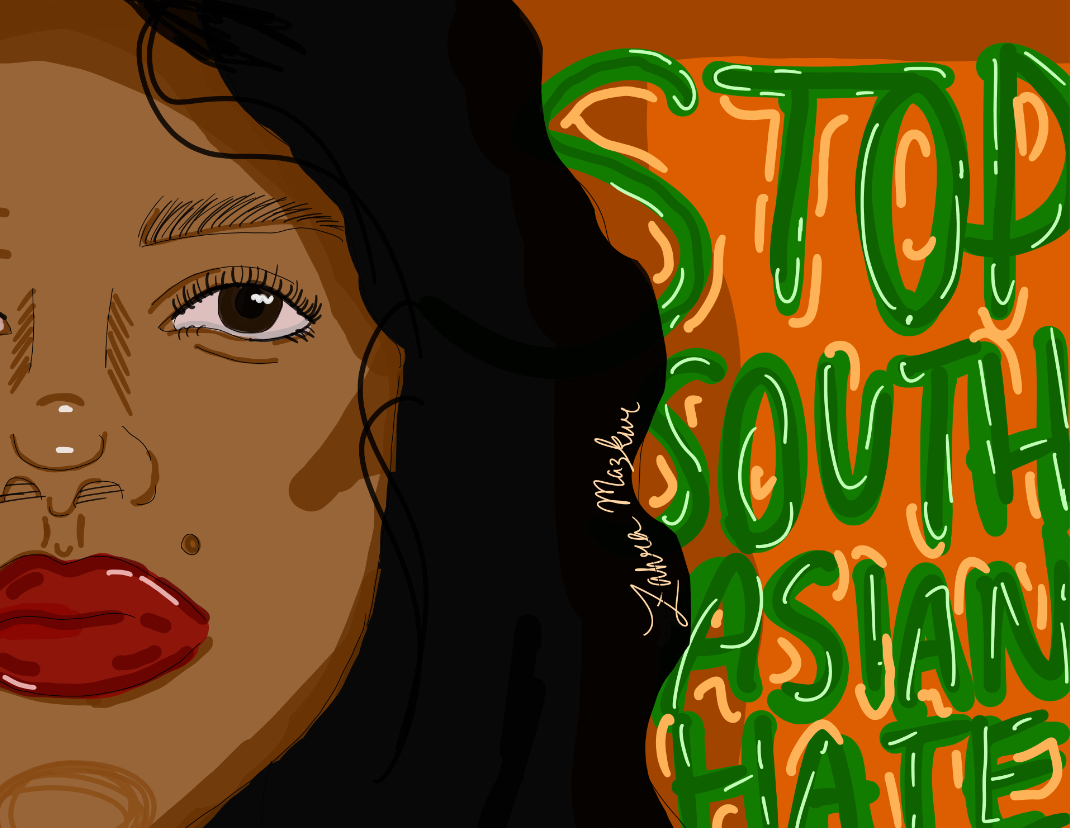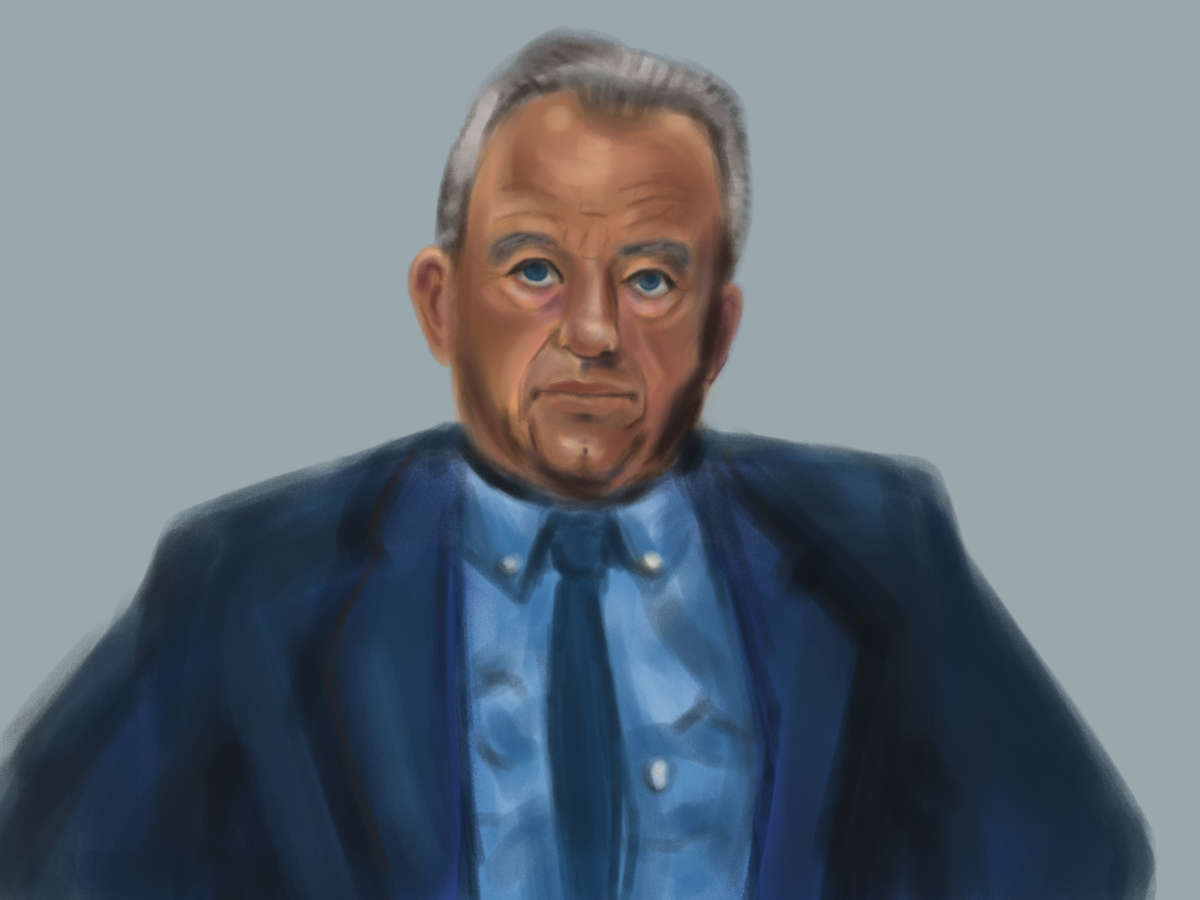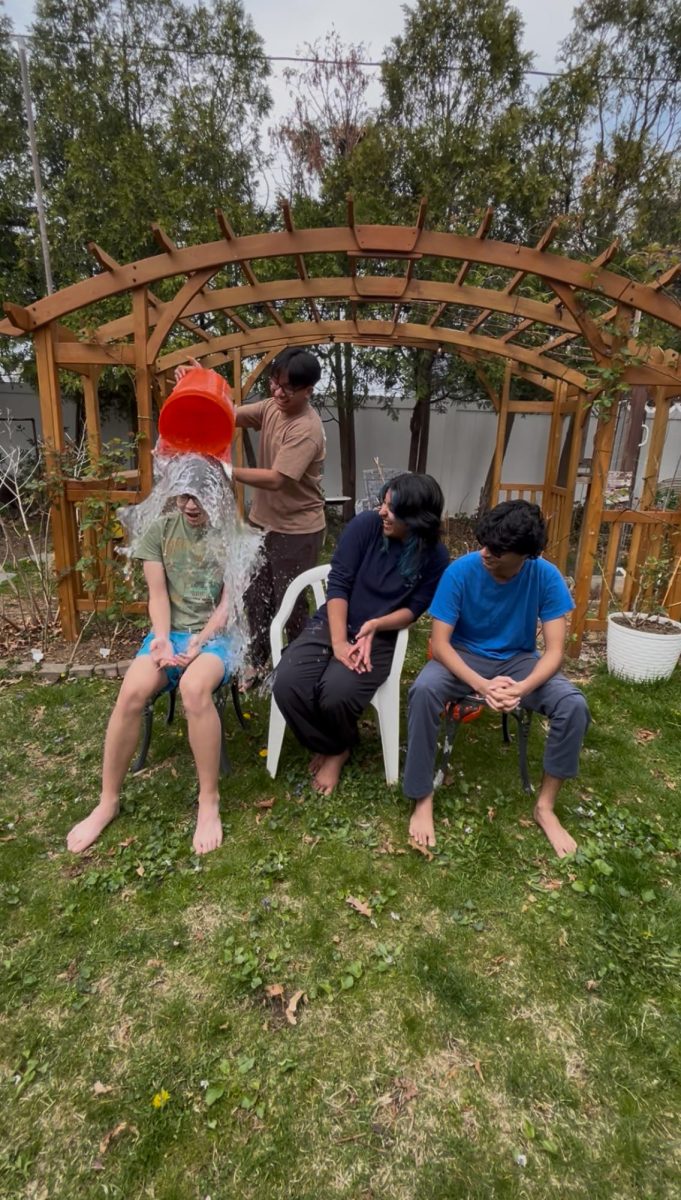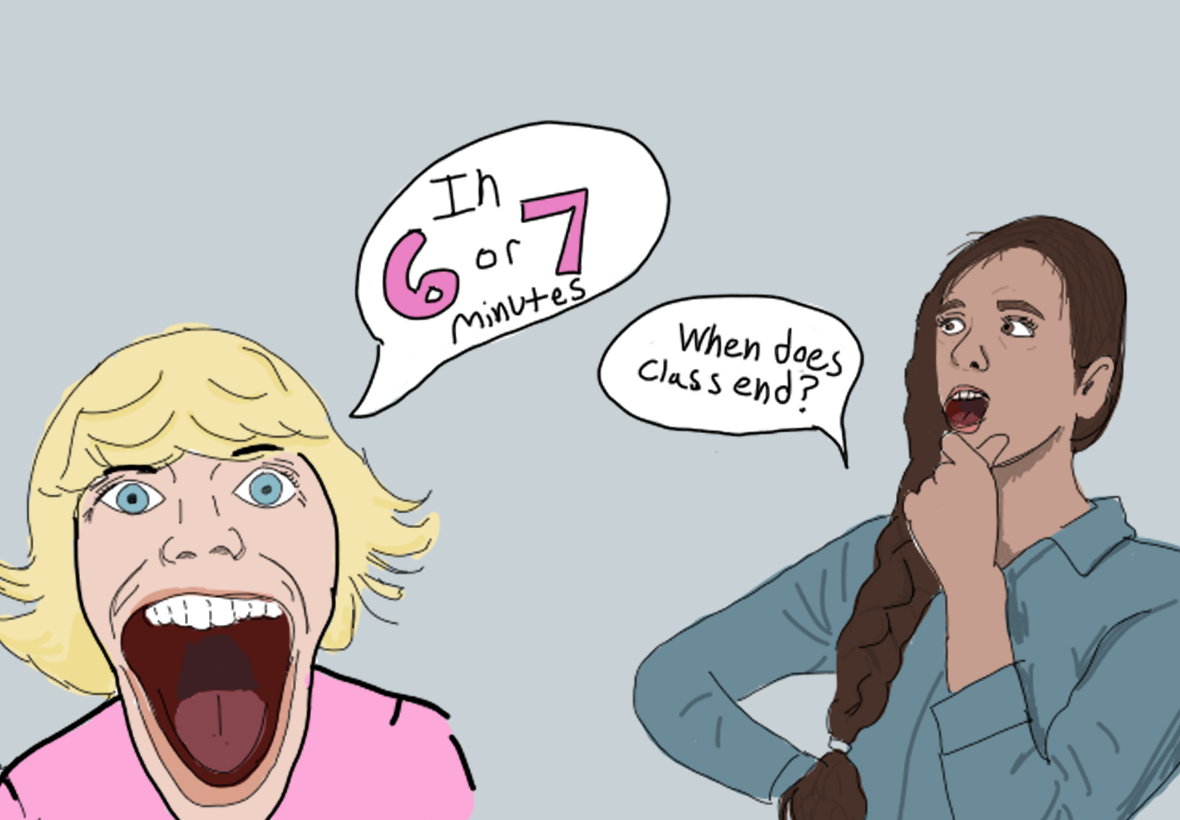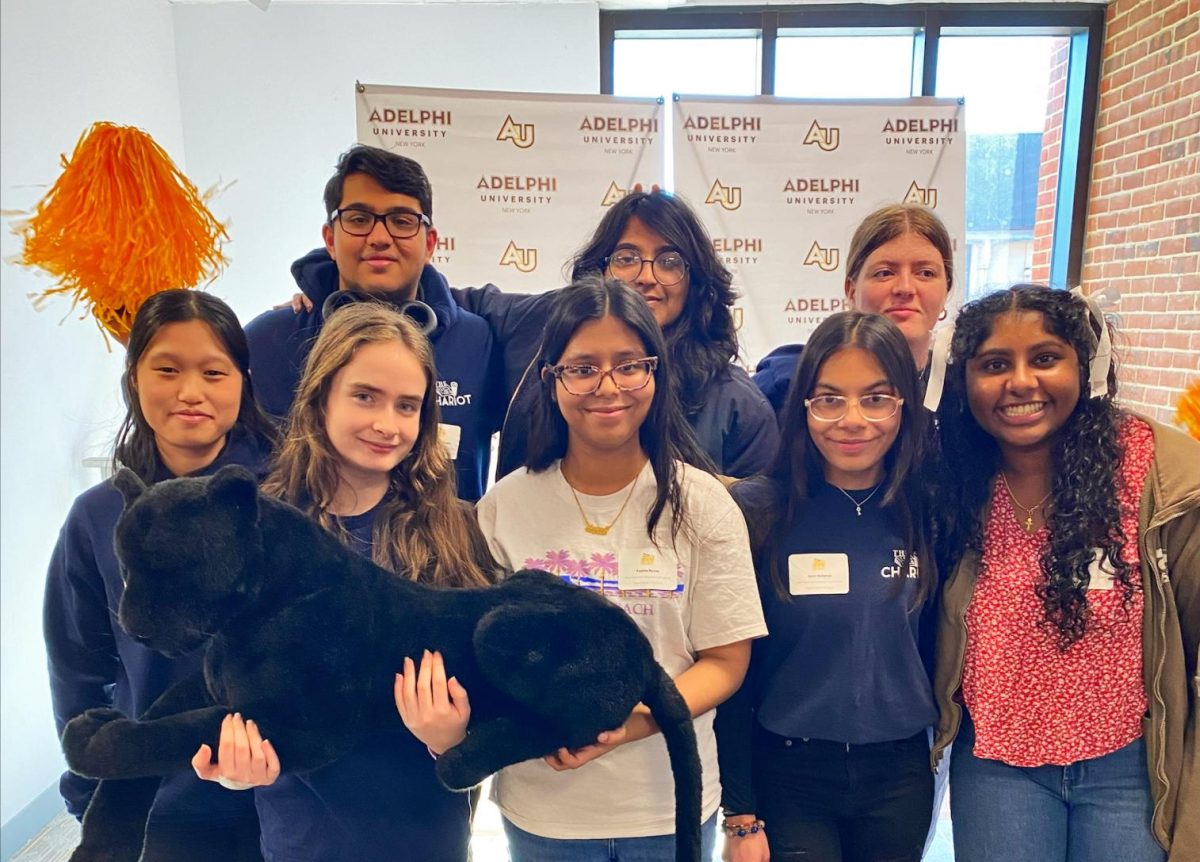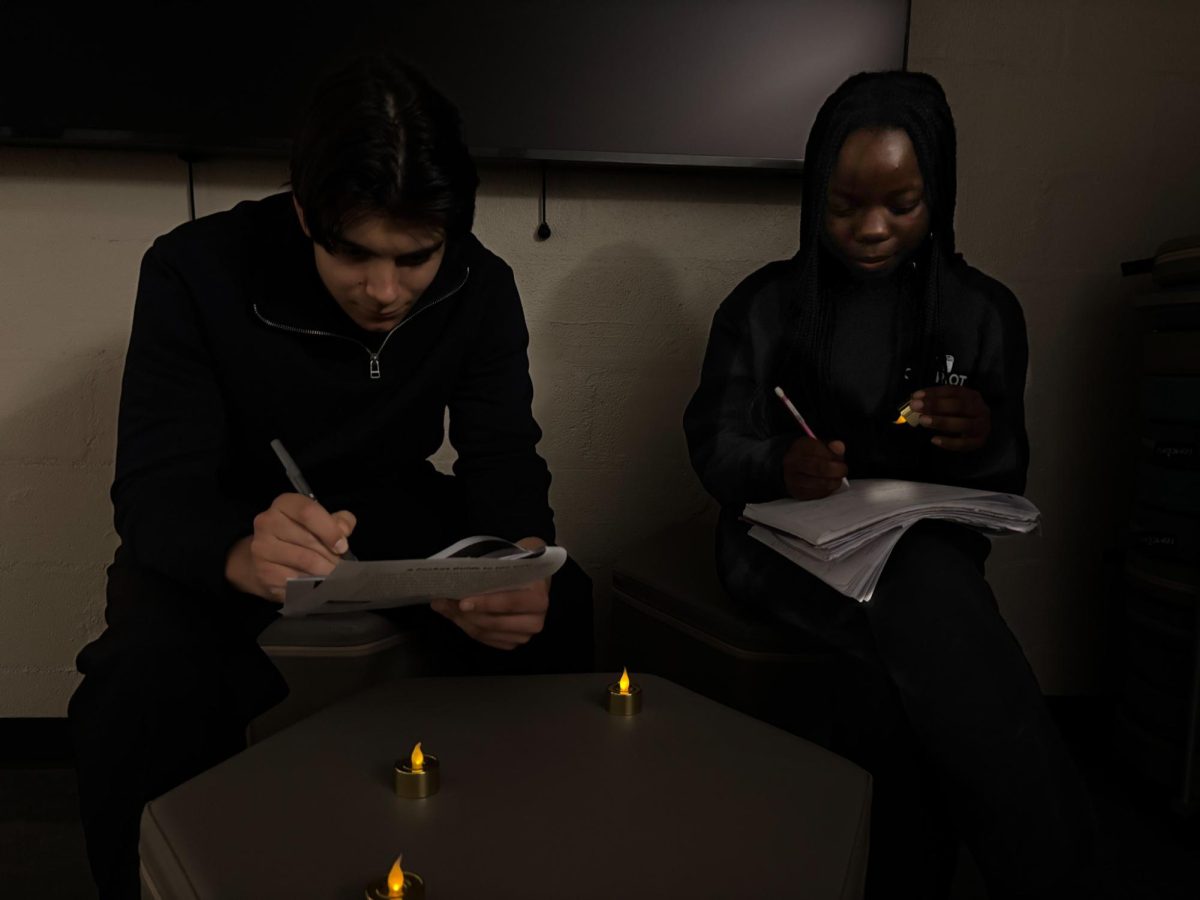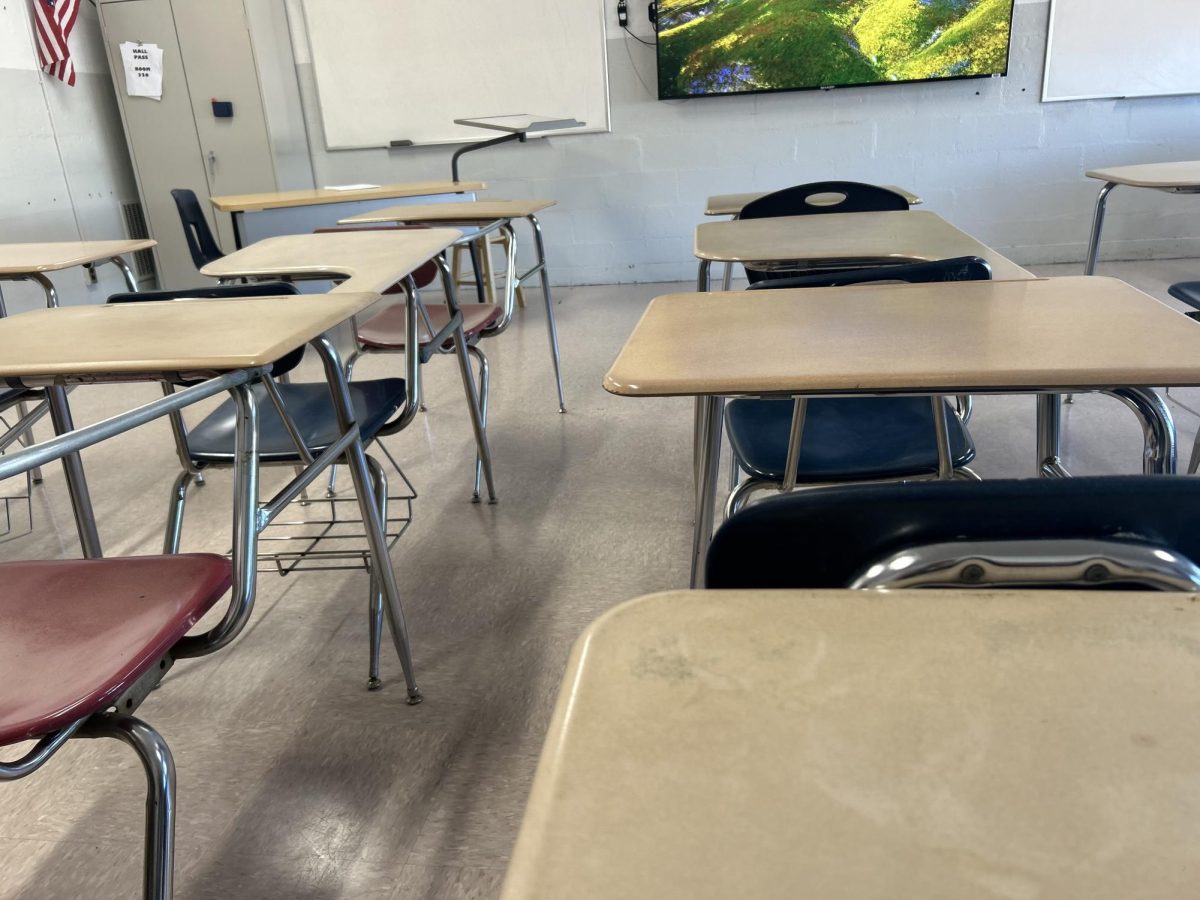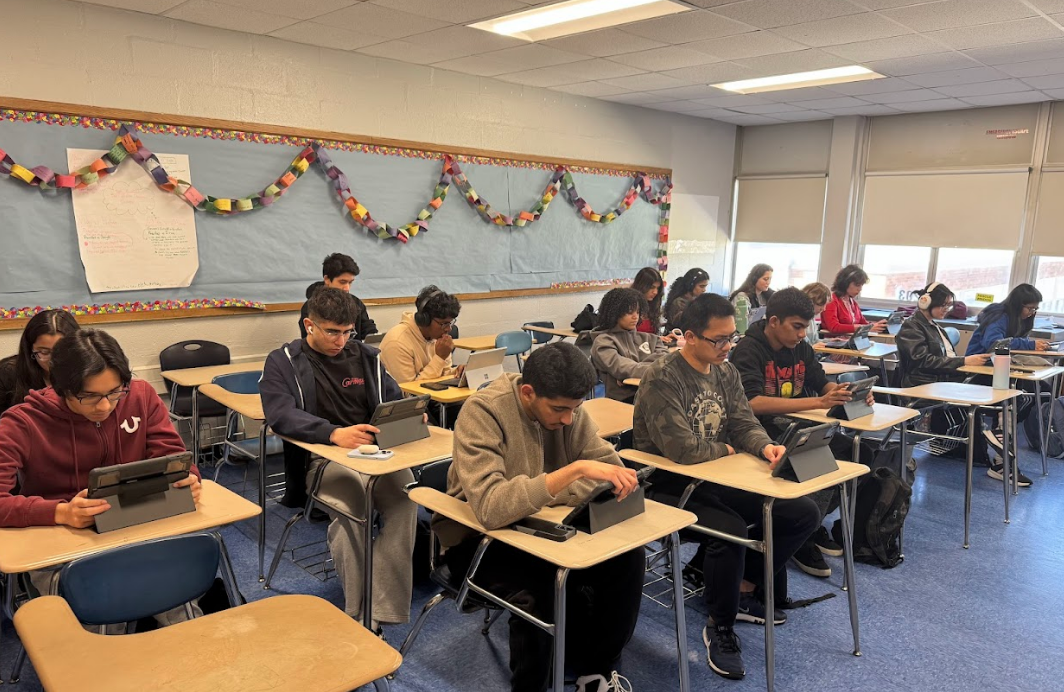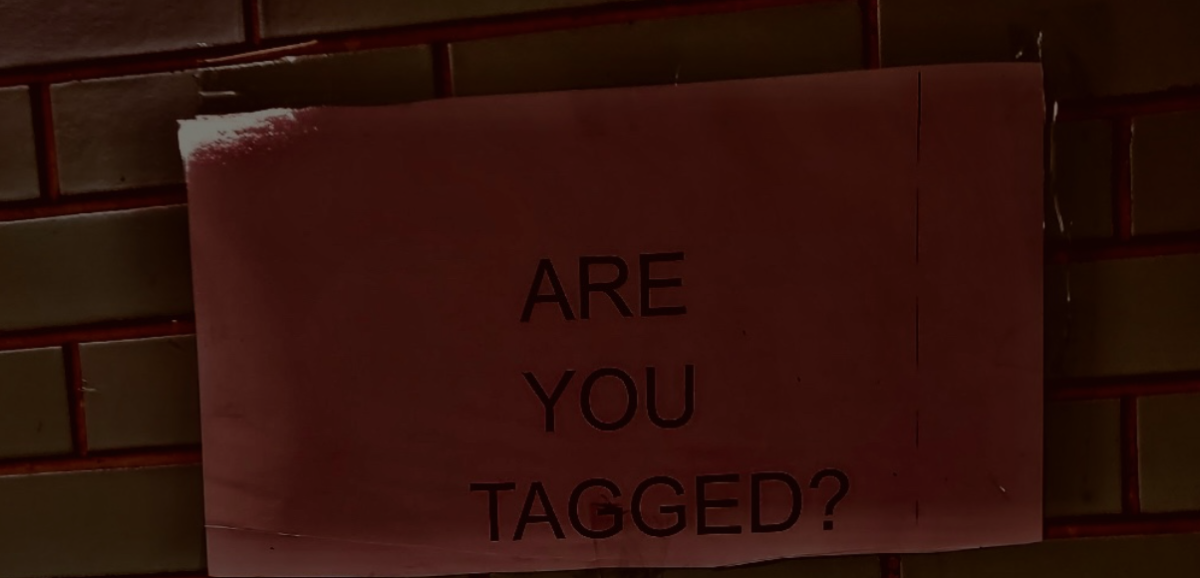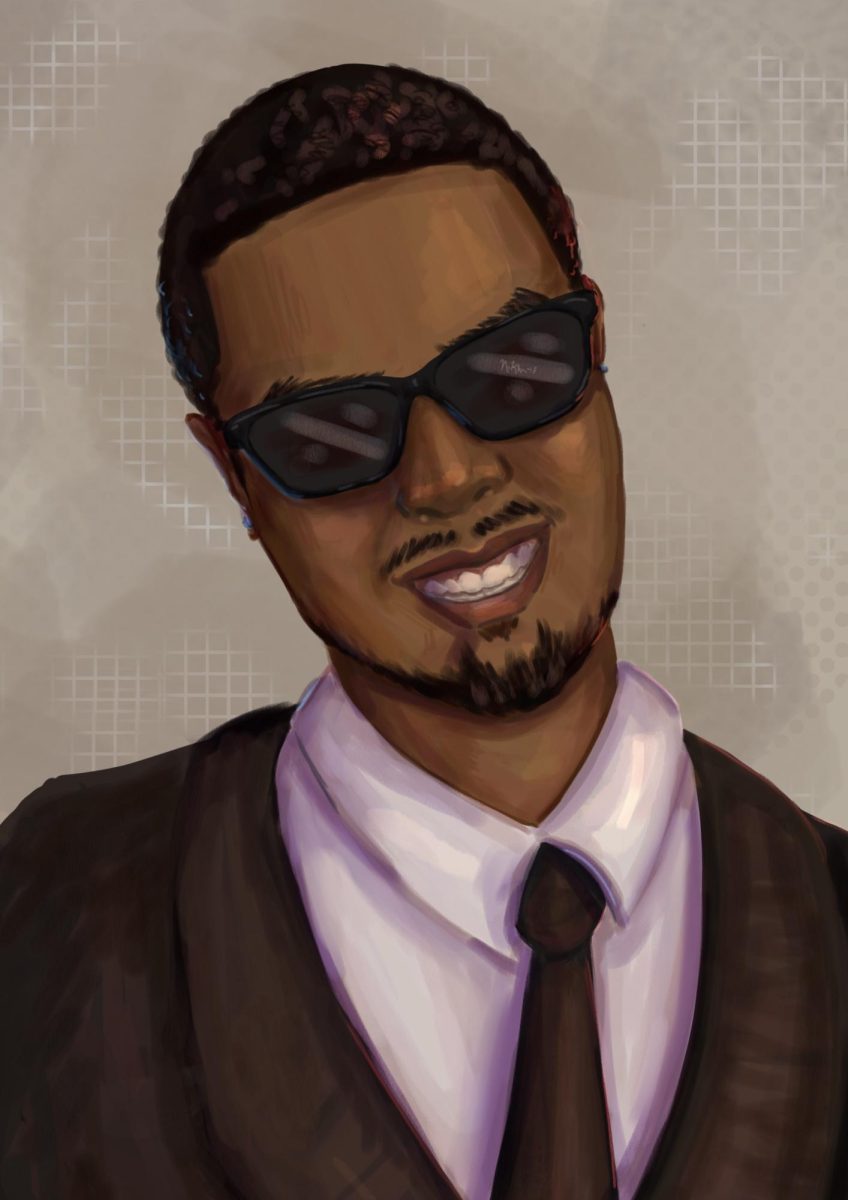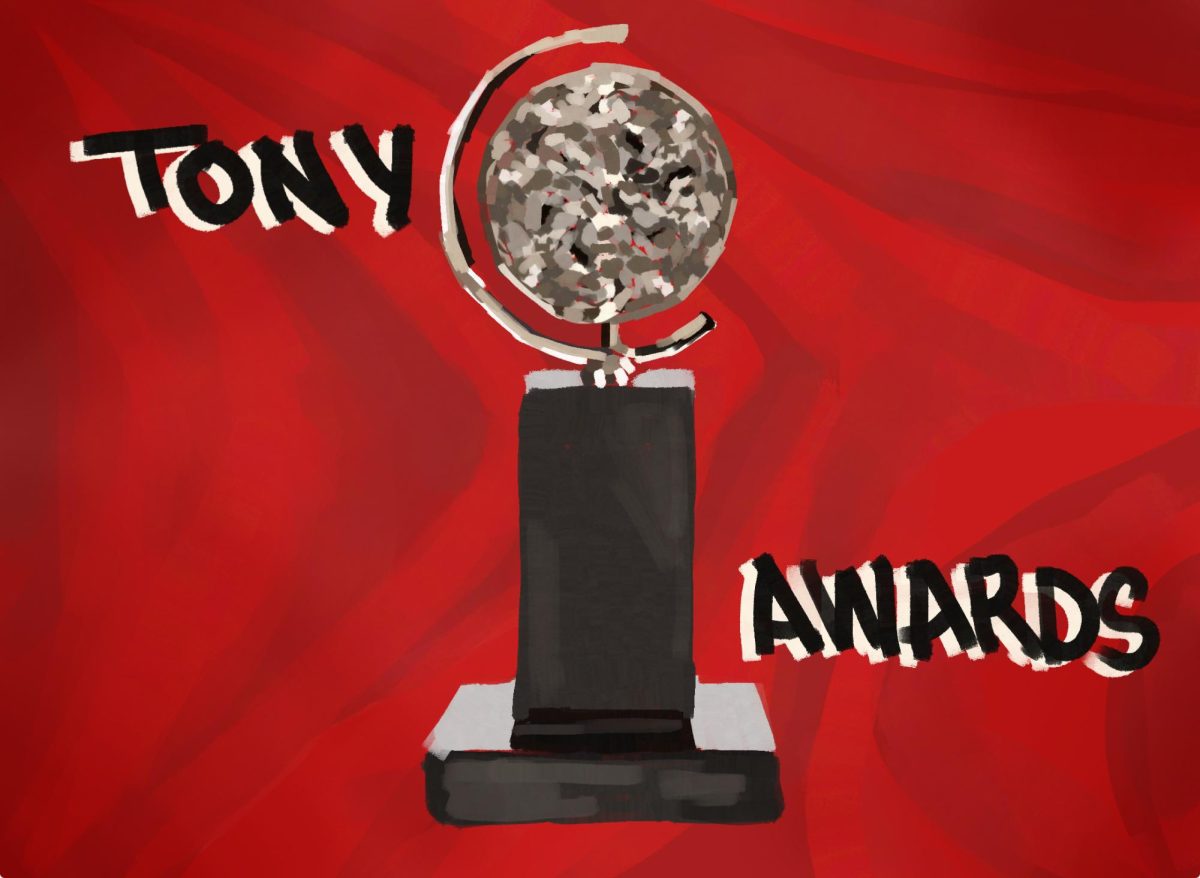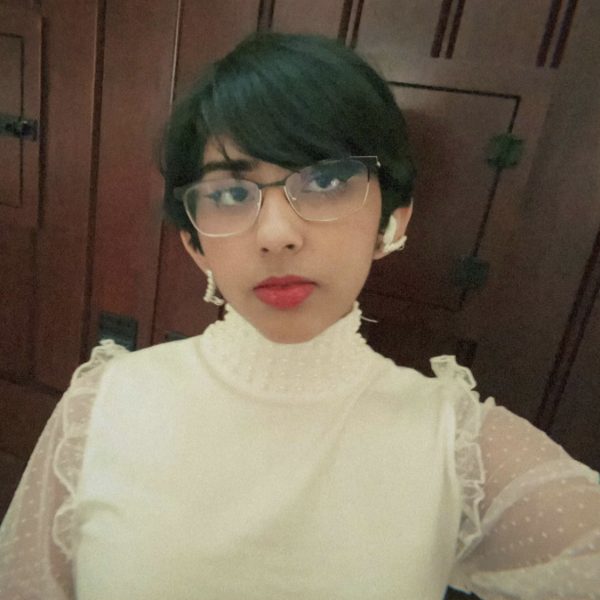In recent years, sex trafficking and sexual abuse have received greater attention as more survivors share their experiences, revealing the widespread nature of these offenses. Prominent cases involving figures like Jeffrey Epstein, R. Kelly, Harvey Weinstein and now Sean “Diddy” Combs underscore the alarming reality of unchecked power and long-lasting exploitation.
Sean “Diddy” Combs rose to prominence in the music industry through a combination of ambition and raw talent. He began his career as an intern at Uptown Records, where he quickly caught the attention of founder Andre Harrell. Under his guidance, Diddy was instrumental in shaping Uptown’s success. After a fallout with the label, he founded Bad Boy Records in 1993, launching the careers of renowned 90s hip-hop artists like The Notorious B.I.G. and Faith Evans.
However, Diddy’s musical career has since been overshadowed by grave allegations. His legal troubles escalated when attendees of his private, drug-fueled parties, dubbed “freak offs,” began to recount disturbing experiences of abuse and coercion. These exclusive gatherings frequently attracted high-profile figures like Leonardo DiCaprio, Salman Rushdie, Donald Trump, Jay-Z, Beyoncé, Paris Hilton, Kim Kardashian, Sarah Jessica Parker and Chris Brown. Some attendees have claimed they were coerced into sexual acts while under the influence of drugs.
“It’s a heinous act that is unacceptable,” science teacher Ms. Phillip said. “The people that participated in them should be punished by the fullest extent of the law.”
A pivotal moment occurred with the release of 2016 surveillance footage showing Diddy physically assaulting his former partner Cassie Ventura, igniting public outrage and sparking an FBI investigation. Soon after the release of the footage, Ventura accused Diddy of physical and emotional abuse, describing instances of manipulation and coercion.
Since then, Diddy has faced a plethora of allegations and lawsuits regarding sexual misconduct, trafficking and abuse. Federal agents have conducted raids on Diddy’s residences, uncovering evidence that supports the growing allegations against him. Authorities reported discovering various items suggesting illicit activity, including drugs, firearms and an estimated 1,000 bottles of baby oil. The scope of these allegations raises concerns about a culture that allowed influential figures like Diddy to operate without sufficient oversight for years.
“I think it was insane how it took us this many years to figure out what was happening behind closed doors,” junior Evangelia Englezos said.
“My reaction to the whole P-Diddy situation was just overall surprise. What Diddy did is utterly reprehensible,” sophomore Rafay Mufti said. “I never would’ve expected this information about famous people that we hear about all the time. It honestly left me so confused and shocked.”
In tandem with these events, investigations into the deaths of figures like Aaliyah, Lisa Lopes (Left Eye) and Michael Jackson have recently been reopened. Previously surrounded by controversy, these cases are now under renewed scrutiny as authorities reexamine the circumstances of their untimely deaths, sparking discussions about a possible connection to Diddy’s illicit activities.
The ongoing case against Diddy raises concerns about the accountability of influential figures. As these allegations develop, they not only question Diddy’s legacy but also contribute to an important dialogue about abuse within the entertainment industry and beyond.

